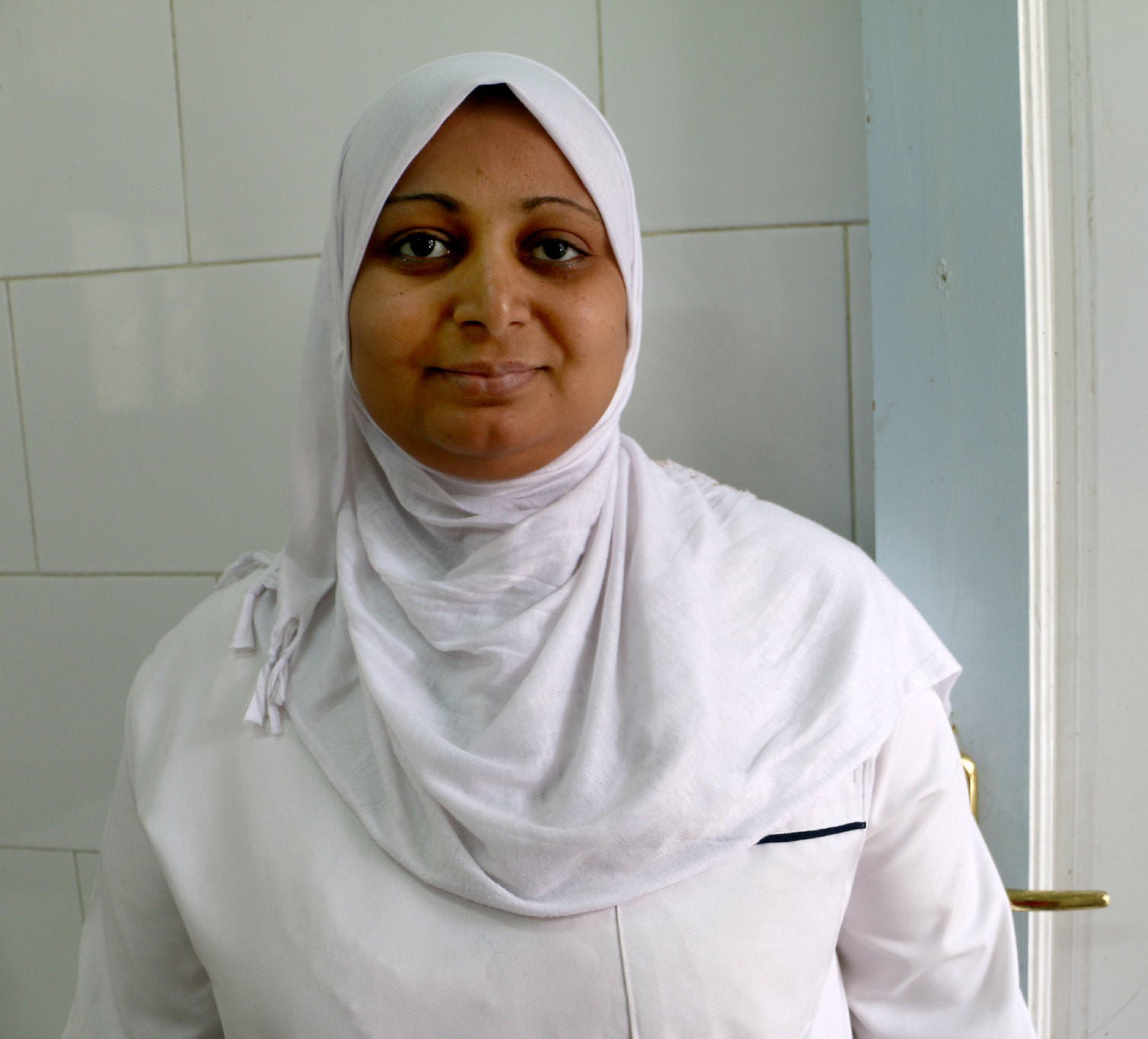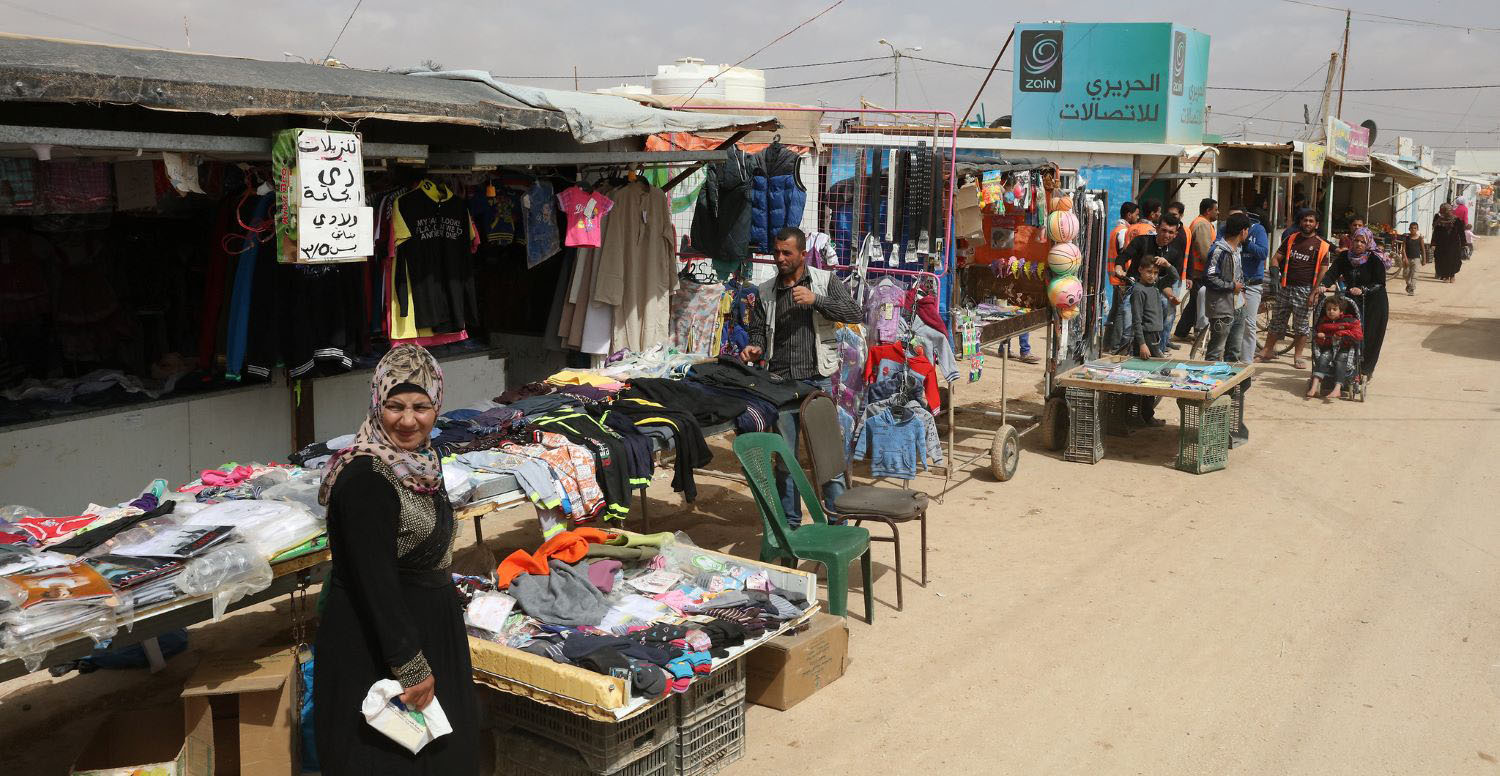At last, a glimmer of hope in Europe’s refugee crisis: on Sunday 25 October, the European Commission released a 17-point plan to manage refugee flows along the Western Balkans route. The agreement is a welcome sign of political progress. However, the policy prescriptions fall far short of the wide-ranging, creative, long-term plan necessary. An effective refugee strategy requires a more holistic approach on three dimensions: space, institutions and time.
Space
The EC’s new plan focuses only on the Balkans, with the aim of putting out fires in the region garnering most recent media attention. However, this focus is much too narrow. Through September, Frontex detected 204,630 illegal border crossings on this route, compared to 359,171 for the Eastern Mediterranean route and 128,619 for the Central Mediterranean. Over the past 6 months, this sort of piecemeal approach has allowed the crisis to spiral. We need a broader plan to address the people and governments affected across the rest of the continent.
Worse, the EU is simultaneously negotiating a separate deal outside its borders – with Turkey. The purported $3.3 billion agreement offers a renewal of Turkey’s EU candidacy in exchange for Turkish efforts to keep refugees within its own borders (and therefore out of Europe). Using EU candidacy as a bargaining chip is not in the spirit of genuine cooperation and undermines the credibility of the bloc’s humanitarian commitment. Not to mention that it probably won’t work – these sorts of schemes only divert migrants and refugees to other routes (as we have recently seen in the Arctic).
Institutions
Individual European citizens, NGOs, and the private sector have shown far more heart and creativity in facing this crisis than have sovereign governments or the European Community. This is especially glaring when there are potentially huge benefits to the well-managed settlement of refugees in the context of an aging European population with below-replacement fertility. Refugees are not a burden unless they are made to be. If handled well, the recent influx of people could be a triple win for the major parties involved: refugees, sending countries, and receiving countries.
For example, a new non-profit, Talent Beyond Boundaries, is building an employment service to match skilled refugees with international employers. Leveraging this "hidden talent pool" will add to host country economies and let refugees rebuild their lives with dignity. War-torn home countries will benefit, too: remittances from workers oversees already trump foreign aid by more than three times. The insistence on managing flows of people solely at the national government level is both paralyzing and obstructive. The EU must take advantage of these private initiatives, not stifle them.
Time
Perhaps most crucially, the EC has no plan to better manage situations like this in future. Large numbers of refugees will continue to seek shelter in Europe for the foreseeable future; we need to build long-term infrastructure to ensure that the benefits of hosting refugees outweigh the costs. This takes time, effort, and money. However, such a plan will not just save money in the long run, but also lives.
Just this year, the UNHCR is seeking $236 million for emergency winter aid for asylum-seekers. These purely reactive funds do not begin to scratch the surface of what needs to be done. Perhaps the simplest alternative is to leverage existing institutions to provide protection and humanitarian assistance in advance of a full-blown crisis. Only 45% of the UNHCR’s Regional Refugee and Resilience Plan has been funded as of 20 October 2015. The approximately $2.5 billion still needed is a considerable but not challenging sum when shared across the global community.
However, as University of Oxford professors Alexander Betts and Paul Collier point out, we need to move beyond the classic “boats-and-camps approach” of refugee management. A successful policy would align refugee and host country needs, contributing to sustainable regional development. We hope that this latest agreement is a sign of EC progress. However, Sunday’s action plan is only a tiny first step towards a desperately and urgently needed strategic agreement.
CGD blog posts reflect the views of the authors, drawing on prior research and experience in their areas of expertise.
CGD is a nonpartisan, independent organization and does not take institutional positions.





